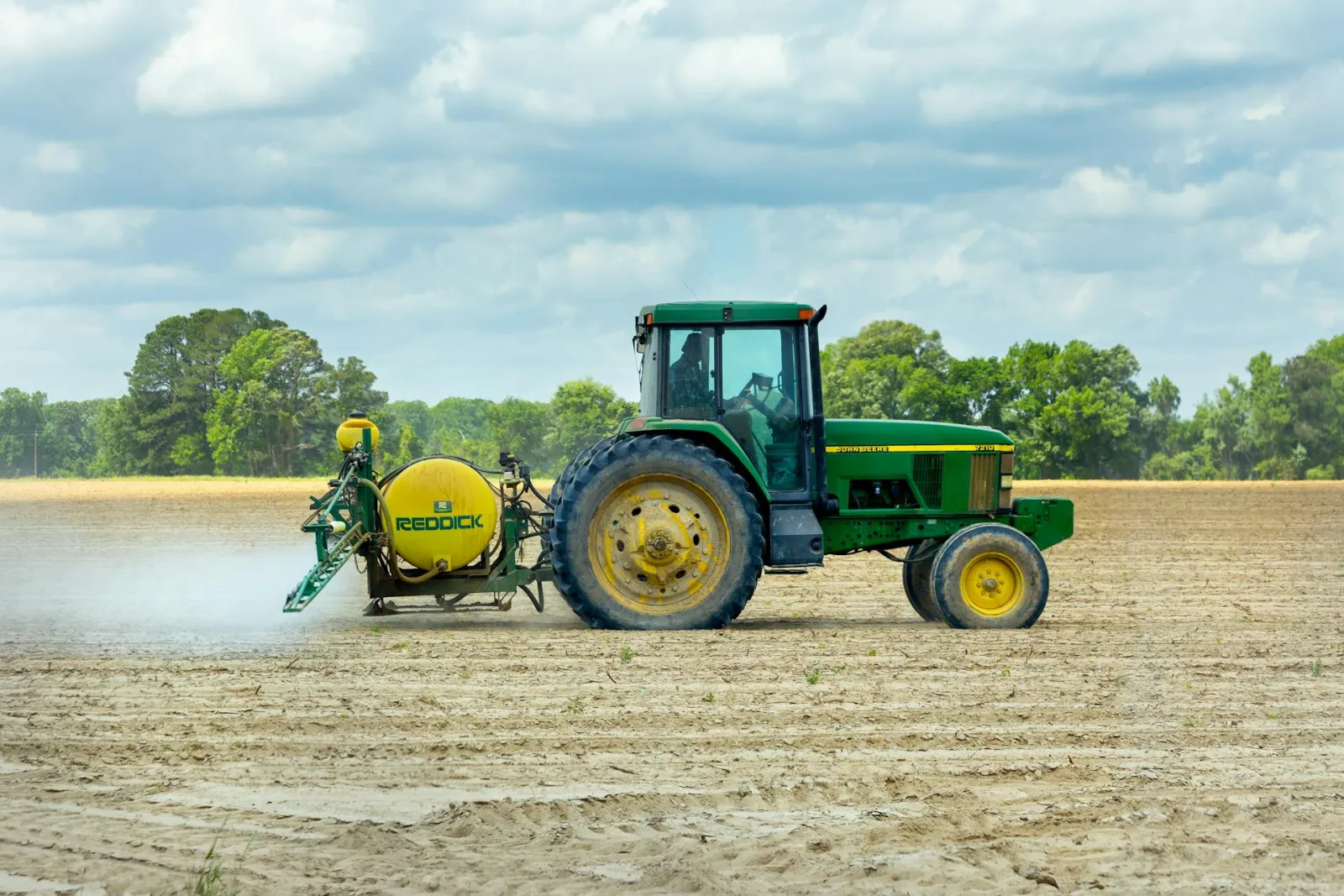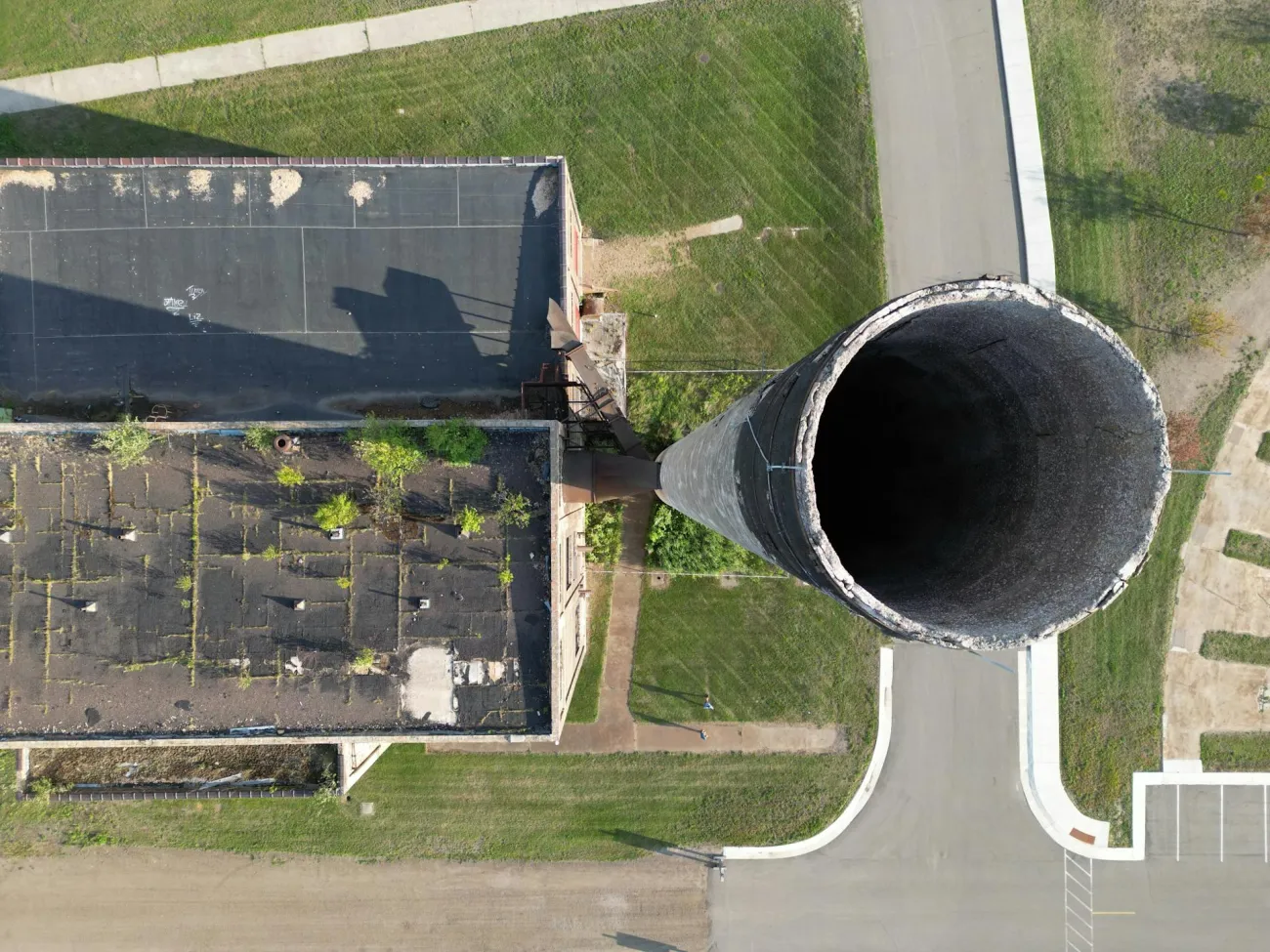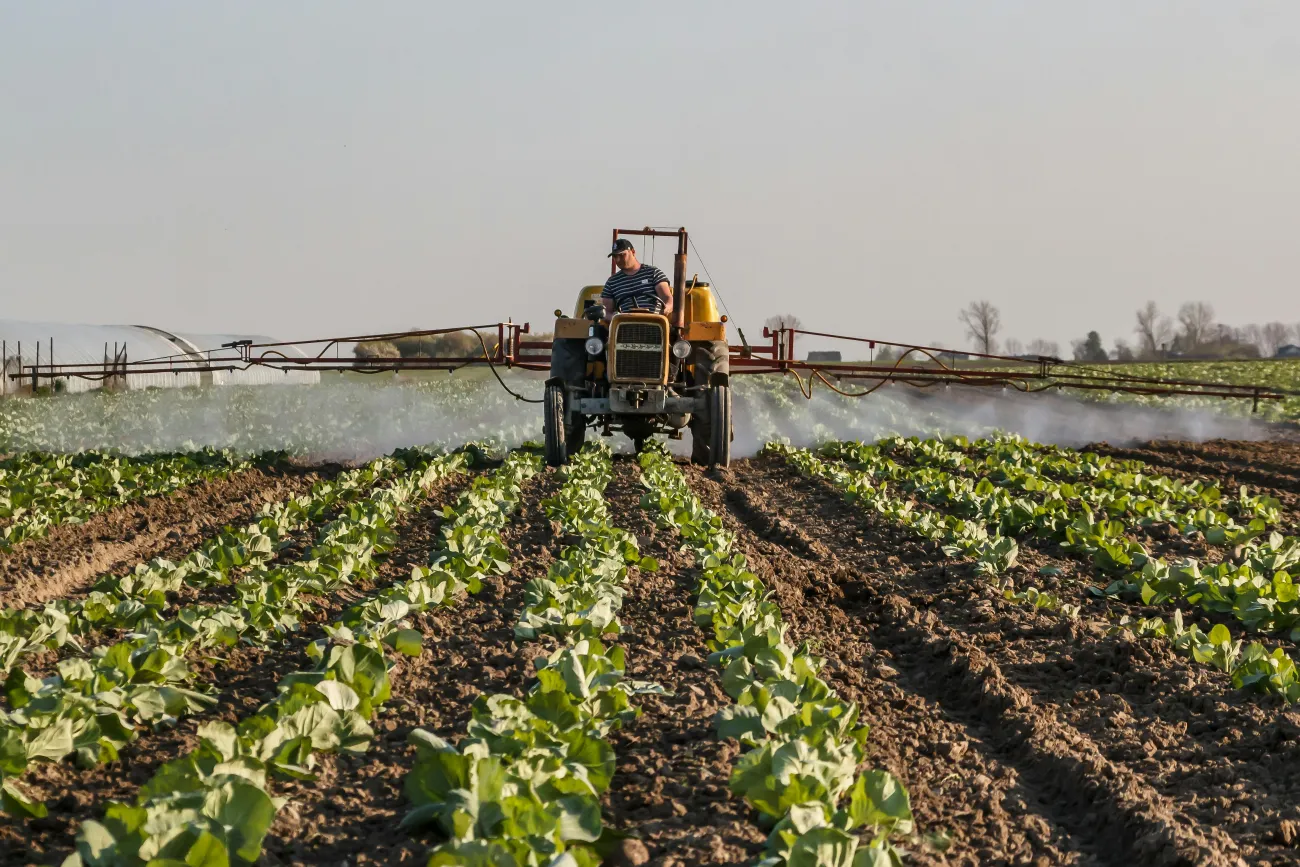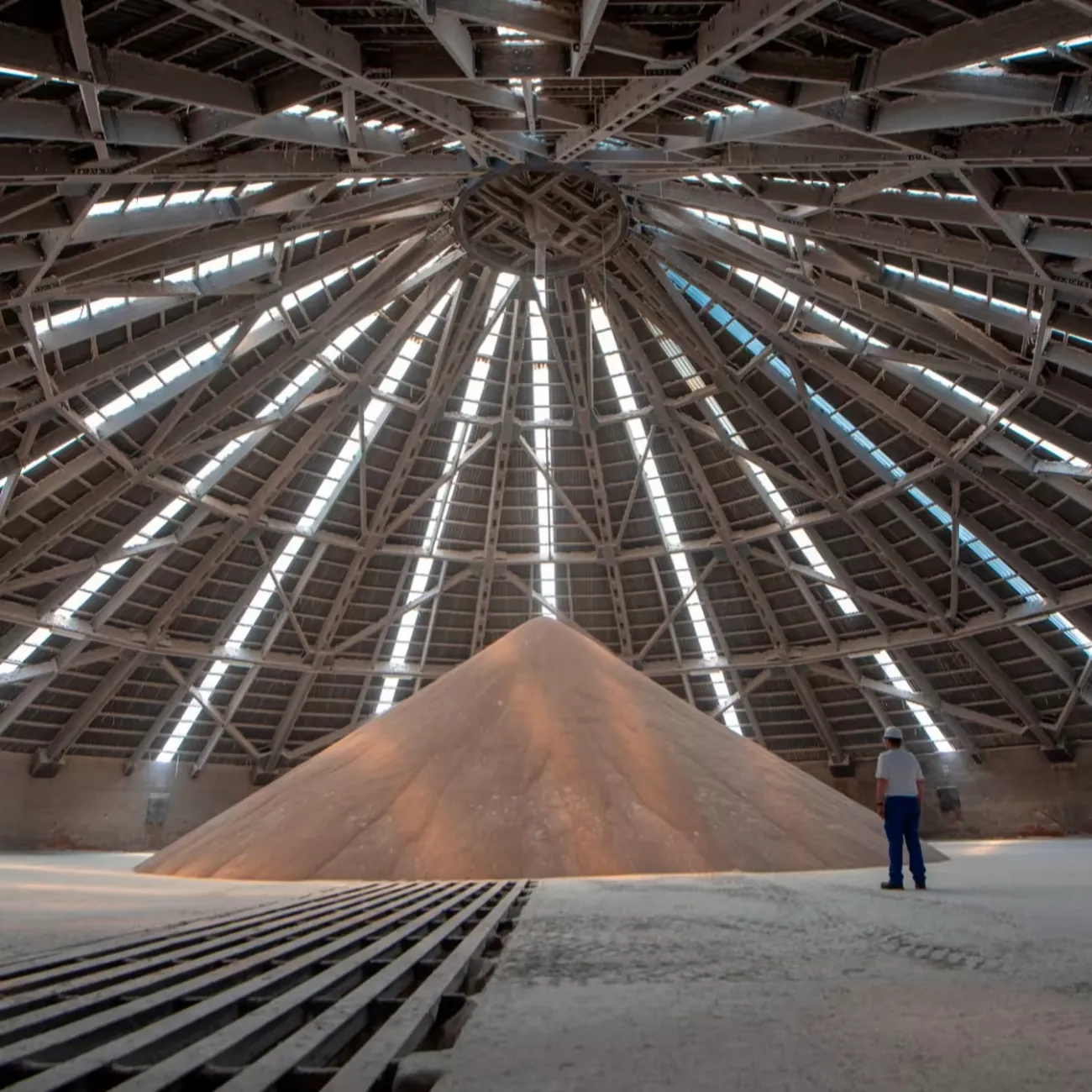This report by Friends of the Earth finds that most no-till systems — a farming practice that reduces tillage and ploughing — are responsible for one-third of total annual pesticide use in the U.S. can be attributed to no-till corn and soy production alone. The report argues that this practice is being promoted as a climate solution but says there is no clear link between no-till and carbon sequestration.
Publisher's summary
Based on a first-of-its-kind analysis of U.S. Department of Agriculture (USDA) data, the report finds that most no-till systems are so heavily dependent on herbicides to manage weeds that a staggering one-third of total annual pesticide use (a term that includes herbicides, insecticides, and fungicides) in the U.S. can be attributed to no-till* corn and soy production alone. This chemical use has devastating consequences for soil life, human health, biodiversity, and the climate.
While no-till farming can be done without harmful chemicals, the report finds that, for the top two no-till crops, corn and soy, the vast majority of acreage (93%) uses toxic herbicides that are linked to cancer, birth defects, infertility, neurotoxicity, disruption of the gut microbiome, endocrine disruption, and other serious human health impacts. These chemicals are being broadcast across nearly 100 million acres nationwide, predominantly in the American Heartland and Great Plains. Glyphosate, the cancer-linked main ingredient in the widely criticized weedkiller Roundup, is the most widely used herbicide in no-till corn and soy.
No-till typically increases herbicide use in conventional farming systems, and at least 90% of no-till corn and soy acres rely on seeds genetically engineered to withstand herbicides, further driving a cycle of increased herbicide use. On top of this, no-till corn seeds are almost always coated with neonicotinoid insecticides.
These chemicals are destroying the soil that grows our food and are decimating pollinators, which are essential to food production and healthy ecosystems. They harm the soil microbiome and invertebrates like worms and beetles that are central to building healthy soils that can sequester carbon, conserve water, and enhance farmers’ resilience to droughts and floods.




Comments (0)